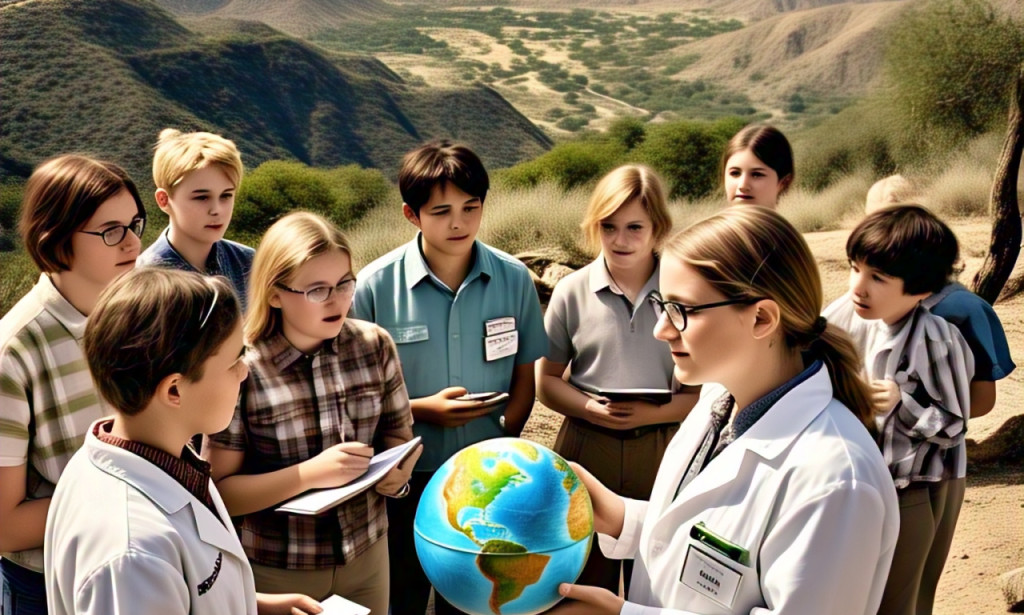Earth science is a fascinating field that explores the intricate systems and processes that shape our planet. It combines various disciplines to help us understand everything from the formation of mountains to the behavior of oceans. Let's delve into the wonders of earth science and see how it connects us to our world.
What is Earth Science?
At its core, earth science is the study of the Earth and its components. This includes:
Geology: The study of the Earth's solid materials, such as rocks and minerals, and the processes that shape them.
Meteorology: The science of the atmosphere, focusing on weather patterns, climate, and atmospheric phenomena.
Oceanography: The exploration of ocean systems, including currents, marine life, and the ocean's role in regulating climate.
Environmental Science: An interdisciplinary field that examines human interactions with the environment and aims to find sustainable solutions to environmental issues.
The Importance of Earth Science
1. Natural Disasters
Earth science helps us predict and prepare for natural disasters like earthquakes, hurricanes, and volcanic eruptions. By studying geological and meteorological patterns, scientists can provide early warnings that save lives and reduce damage.
2. Climate Change
As our planet faces significant changes in climate, earth science plays a vital role in understanding these shifts. By analyzing historical climate data, scientists can identify trends and make predictions about future climate scenarios, helping us develop strategies to mitigate climate change.
3. Resource Management
Earth science is essential for managing natural resources such as water, minerals, and fossil fuels. Understanding the distribution and sustainability of these resources ensures we can meet our needs without compromising the health of our planet.
4. Biodiversity ConservationStudying earth systems helps us understand ecosystems and the interdependence of species. This knowledge is crucial for conservation efforts, allowing us to protect endangered species and restore habitats.
How Earth Science Impacts Our Daily Lives
You might not realize it, but earth science influences many aspects of your daily life:
Weather Forecasts: The weather reports you check before heading out are based on meteorological data collected by earth scientists.
Building Safety: Engineers rely on geological studies to ensure that buildings and infrastructure are constructed safely, especially in earthquake-prone areas.
Agriculture: Farmers use soil science and climate data to optimize crop yields and manage resources effectively.
The Future of Earth Science
As technology advances, earth science continues to evolve. Remote sensing, satellite imagery, and data analytics are revolutionizing how we study our planet. These tools allow scientists to monitor changes in real-time, providing invaluable insights into the health of our Earth.
Moreover, interdisciplinary approaches are becoming more common. Collaborations between geologists, biologists, and climate scientists are essential for tackling complex issues like climate change and biodiversity loss.


You must be logged in to post a comment.